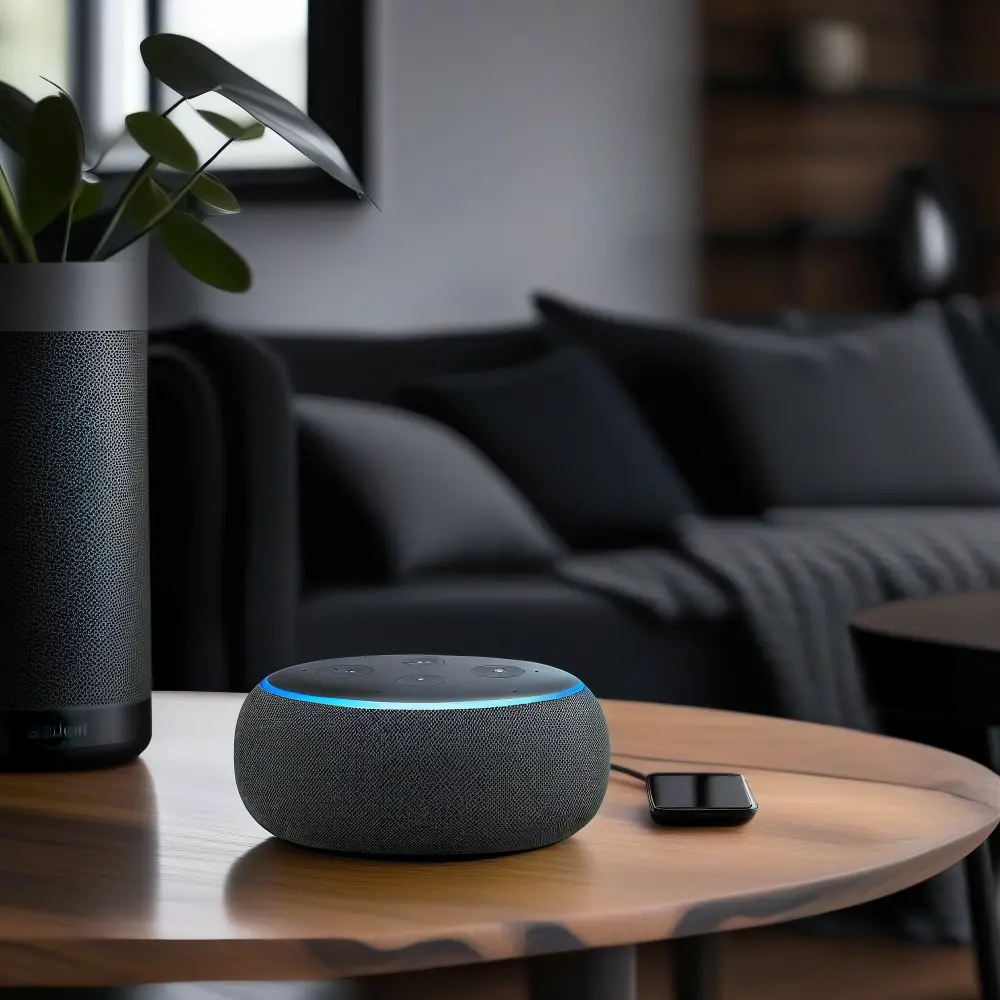OPEN.ioting smart gate opener - WiFi gate opener or UTP/LAN connection, 85-265 VAC or PoE power feed
gross: 43 180 Ft
Technical Support: +36 1 533 31 20 (on weekdays 8:00-17:00 Budapest time) or [email protected]

The concept of a smart home is becoming increasingly familiar today, but does it really offer a long-term solution, or is it just a fad? As technology advances, more and more households are adopting smart devices. However, it's worth examining the actual benefits of creating a smart home and whether investing in this trend is truly worthwhile.
A smart home is a living environment where various devices and systems, such as lighting, heating, security systems, or even household appliances, are interconnected and can be controlled remotely. Devices that communicate over an internet connection allow the user to manage their home with a single app or voice commands, even from afar.
The number of devices that can be integrated into a smart home is constantly expanding, and today almost every household appliance has a smart version. Think of smart toothbrushes, washing machines, coffee makers, trash cans, and even hairbrushes with microphones and Wi-Fi. There are also smart water bottles and belts available.
However, let's be honest, not every smart device deserves to be mentioned in the same sentence as the word "useful." Do we really need a smart hairbrush that tells us we’re having a bad hair day, or a belt that notifies us if we’ve eaten too much?
In the whirlwind of smart devices, it's better to choose those that truly take the burden off our shoulders, such as a smart thermostat, lighting control, or gate controller that serves both our convenience and security. The key is to make our lives easier, not more complicated!
When it comes to smart devices, investing in a smart gate controller is definitely worth it. Today, it’s no longer a luxury to be able to let the courier in remotely without taking a day off to wait for a package. Likewise, it’s accessible for everyone to check on their phone whether their gate is open or closed and receive notifications if it’s left open or has been opened.
OPEN.ioting offers exactly this and more. This smart gate control device can be connected to any electric gate controller with a contact input via its relay output. It fits almost any gate, so no special compatibility is needed. The power supply is also highly flexible, as the device can be operated from 85-265 VAC or a PoE switch, and it connects to the internet via WiFi or LAN, making installation easy.
Gates can be opened and closed through the mobile app, from an Apple smartwatch, or even with Apple CarPlay. Since the gate status can be checked anytime through the app, you can always be sure it’s closed when it needs to be.
Additionally, OPEN.ioting allows up to 500 people to have access to the gate, making it easy for family members, guests, or even neighbors to enter if necessary.
OPEN.ioting devices can also be easily integrated into Google Home or Alexa smart home systems, allowing gate control to be incorporated into home automation. The great advantage is that this can be used not only for new homes but also to make an existing, old garden gate smart.
Smart homes offer numerous benefits that go beyond convenience and entertainment:
While the concept of a smart home is still relatively new, the benefits are clear: it offers a more comfortable, safer, and energy-efficient home. Whether someone chooses a smart home or sticks to traditional solutions ultimately depends on personal preferences and needs. It’s easy to get lost in the selection of smart devices, so it’s worth considering the following before making a purchase:
By considering these questions, it’ll be easier to decide whether a smart home and its associated devices truly add value to your life or if they’re just another technological fad.
One thing is certain: the world of smart homes is not just a passing trend but a promise of the home of the future. And with OPEN.ioting devices, you can easily and effortlessly connect to this future.